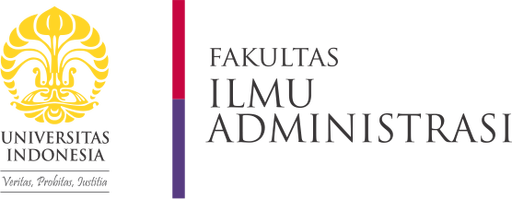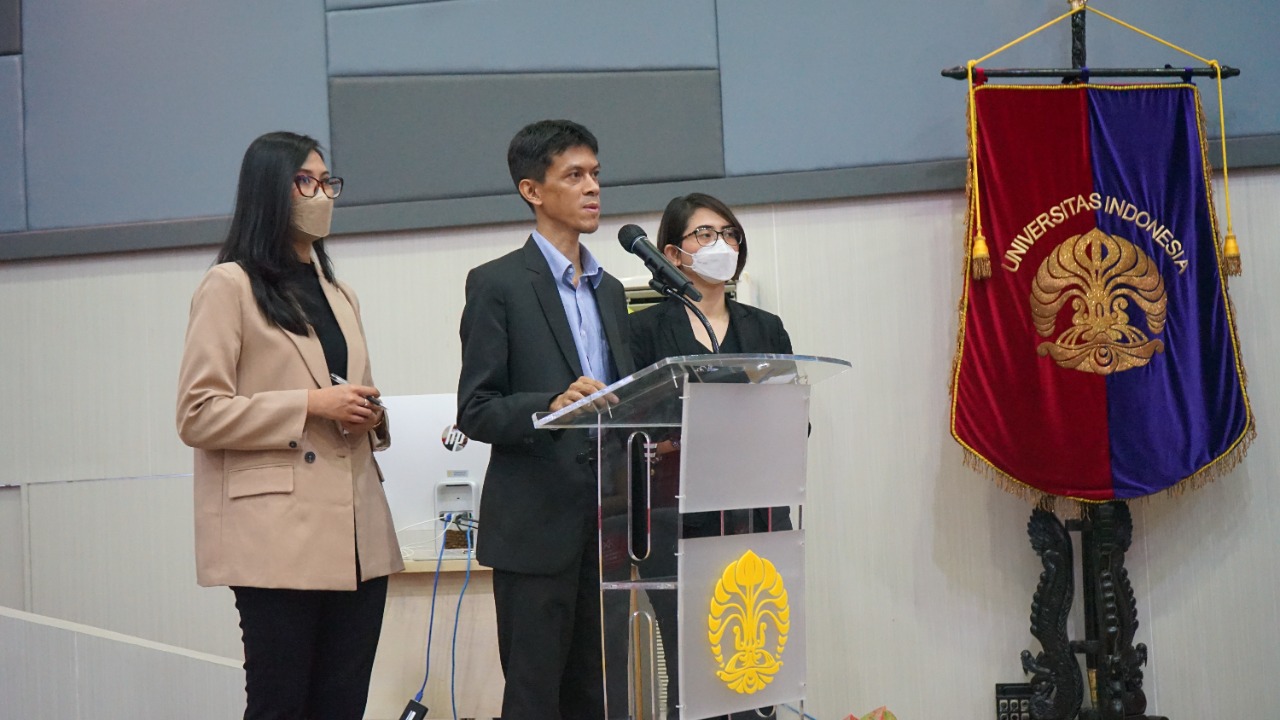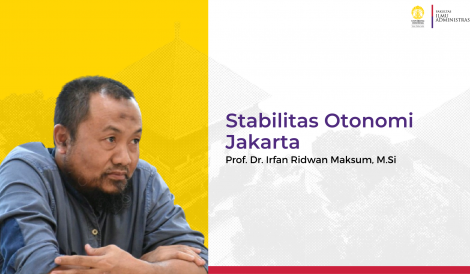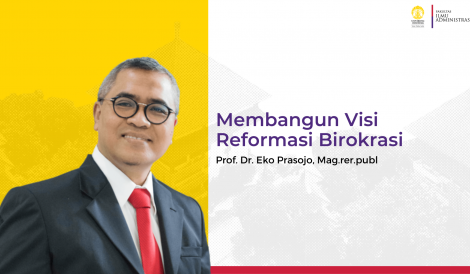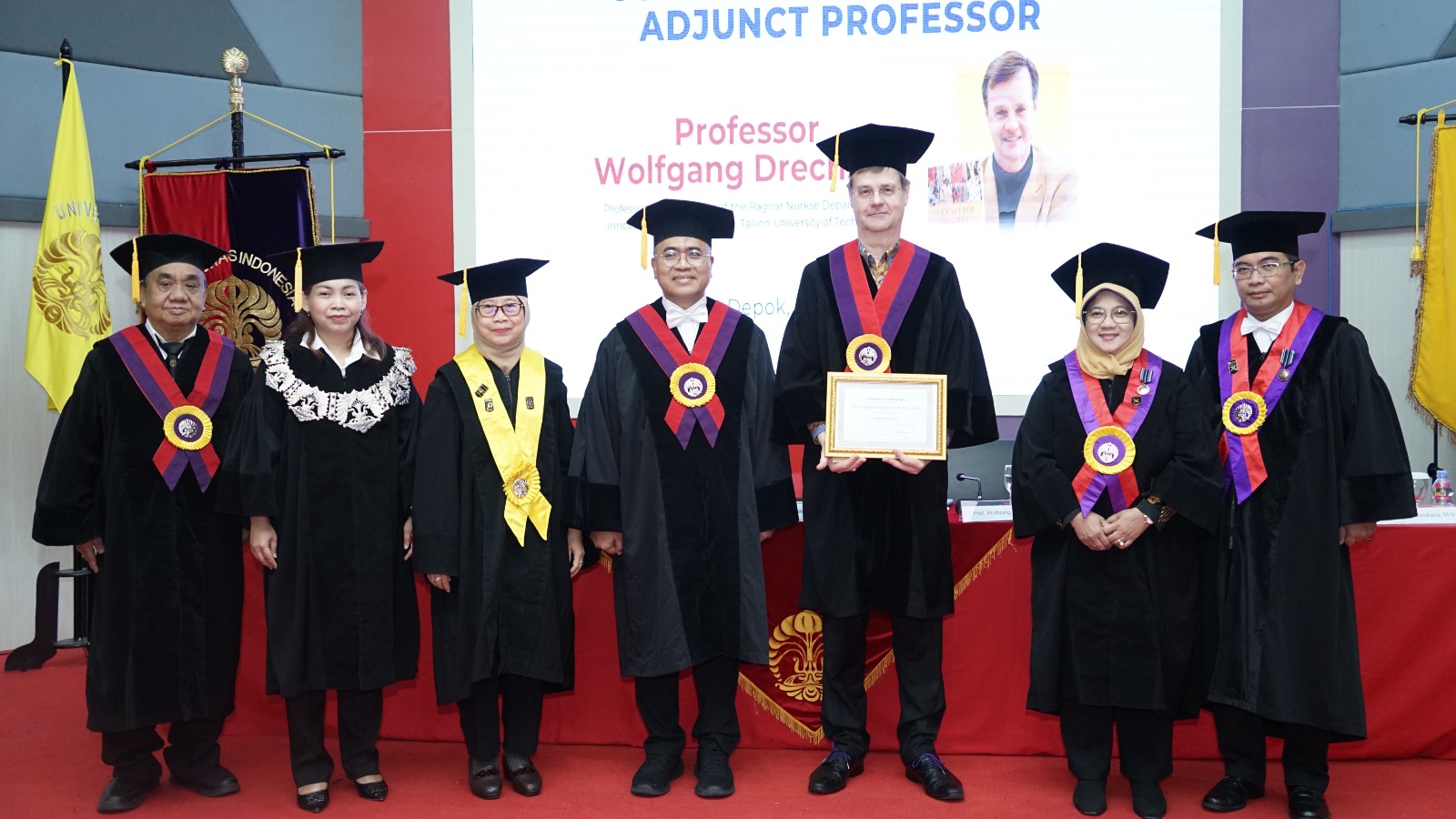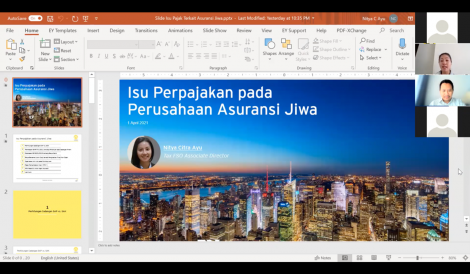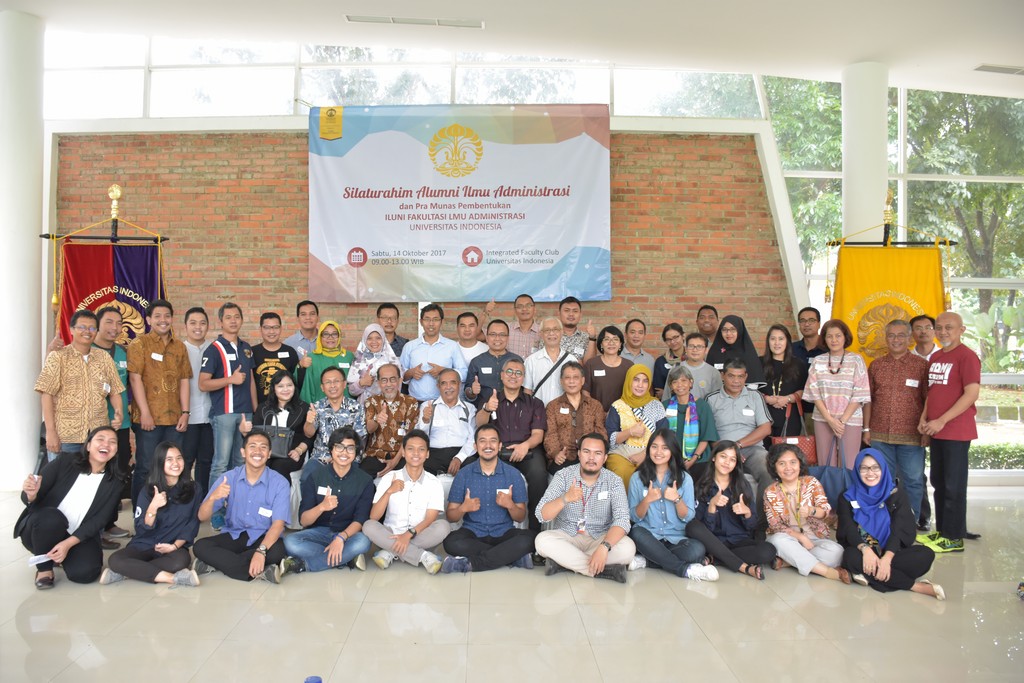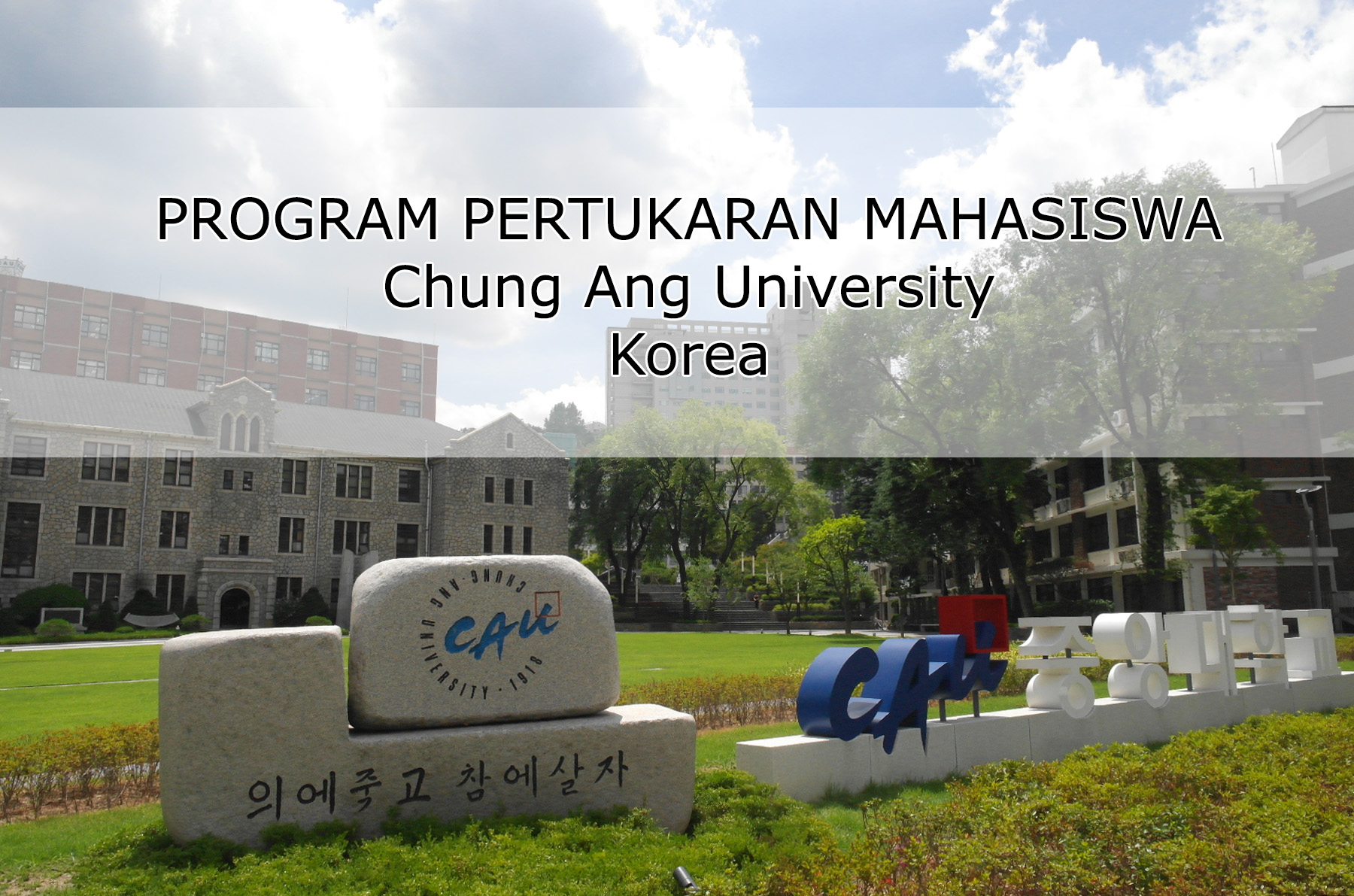The acts of radicalism and terrorism in Indonesia that still occur frequently prove that the efforts made by the current government are still not optimal to prevent terrorism. Therefore, in order to prevent the occurrence of terrorist activities, the government must collaborate not only between institutions/ministries but also with non-government actors such as religious leaders, community leaders, community organizations, and the community itself.
This was conveyed by Stanislaus Riyanta in his doctoral promotion in the field of Administrative Sciences, Faculty of Administrative Sciences, University of Indonesia (FIA UI) with the dissertation title “A Model of Collaborative Governance in Preventing Terrorism in Indonesia” on Tuesday, July 28, 2022 afternoon.
“Radical developments and terrorism have developed and have even reached the political order, for that it is necessary to prevent them by collaborating with various points of view, one of which is effective administration science to solve problems that occur in society,” he explained.
In his presentation, Stanislaus said that the involvement of non-government actors is important to prevent radicalism efforts because the first element that can carry out early detection of radicalism and terrorism is the community. In addition, if the public has a strong understanding of the threat of radicalism and terrorism, the will of the community to prevent and fight against radicalism can emerge and develop.
Stanislaus’ research resulted in several interesting facts that caused collaboration in preventing terrorism in Indonesia was still not optimal. Among them is the unequal understanding between the parties involved in the collaboration.
“Another finding is that the understanding and capacity of government officials regarding the prevention of radicalism and terrorism from the parties involved in the collaboration is still lacking. Another problem is the issue of budget, and the legal basis for parties (other than BNPT) to be involved in preventing terrorism, which is considered not yet strong.”
On the other hand, the prevention of terrorism in various regions is considered quite good, as an example is the prevention of terrorism occurring in Central Java. Stanislaus said that the firm leadership of the Governor of Central Java made the space for radicalism, especially those that occur through educational institutions, to be suppressed. In addition, the relationship between parties involved in preventing terrorism in Central Java which is managed through the Terrorism Prevention Coordination Forum (FKPT) can be a reference for other regions.
“Besides the government and society in general, the involvement of religious leaders is also a key figure in preventing terrorism and radicalism. There is a possibility of skepticism in society regarding acts of terrorism and radicalism. For that, what needs to be made aware is not only the perpetrators of terror acts but the government and the whole community,” he explained.
Stanislaus said that acts of terrorism and radicalism in Indonesia still occur due to several factors, namely the Indonesian government’s program which is considered less targeted for solving the problem of terrorism, the involvement of other parties is not accompanied by sufficient funds and competence, as well as differences in understanding about terrorism and radicalism in various parties. government and non-government.
“Collaborative governance is an approach that can be used to solve terrorism and radicalism in Indonesia. Collaborative governance allows the establishment of a safe initial dialogue to solve terrorism together,” he said.
In his recommendation, Stanislaus said that collaboration between the main stakeholders in terrorism prevention, namely BNPT and other parties, must be equipped with a budget, indicators of work success and clear targets. In addition, it is necessary to increase the capacity of the parties involved in collaboration, including the community, so that collaboration in preventing terrorism can be optimal
During this doctoral promotion session, Stanislaus succeeded in becoming a doctor of the 14th Faculty of Administrative Sciences in the field of Administrative Sciences with cum laude predicate.
For information, the Chair of the doctoral promotion session this time is Prof. Dr. Chandra Wijaya, M.Sc., MM. Meanwhile, the promoter of Stanislaus is Prof. Dr. Amy S Rahayu, M.Si, and the co-promoter is Dr. Benny Jozua Mamoto, S.H., M.Sc. Sem. The examiners of Stanislaus’ doctoral promotion trial were Dr. Lina Miftahul Jannah, M.Si; Lisman Manurung, M.Sc., Ph.D; Dr. Phil. Reza Fathurrahman, MPP; Prof. Dr. Muhammad A.S Hikam; Dr. Fibria Indriati Dwi Liestiawati, M.Sc.
